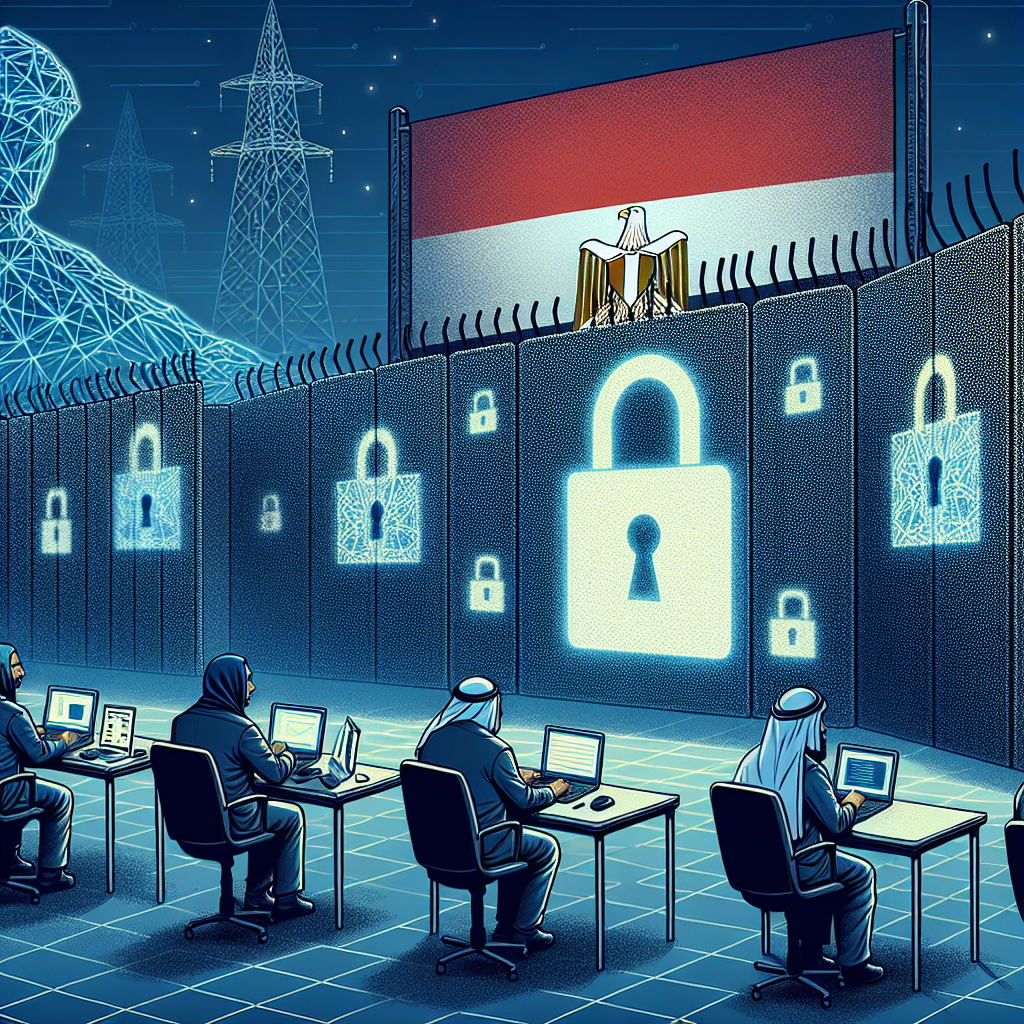The United States government has recently imposed sanctions on two Egyptian IT experts for their involvement in providing cybersecurity support and training to the terrorist group ISIS. The individuals in question also facilitated ISIS in using cryptocurrency and aided in the group’s online recruitment and propaganda efforts.
One of the sanctioned individuals, Mu’min Al-Mawji Mahmud Salim, is the creator and leader of the ISIS-affiliated platform Electronic Horizons Foundation (EHF). The Office of Foreign Assets Control (OFAC) stated that EHF has been offering cybersecurity guidance and training to ISIS supporters to help them avoid detection by law enforcement. Mu’min Al-Mawji has also provided technical support on computer applications to ISIS leadership and shared cryptocurrency expertise with the group’s followers, even posting a tutorial on the EHF website on how to donate funds to ISIS-affiliated entities. Additionally, he established an ISIS-affiliated media outlet to distribute propaganda calling for violence against the West.
Sarah Jamal Muhammad Al-Sayyid, another individual sanctioned by OFAC, assisted Mu’min Al-Mawji in providing cybersecurity support to ISIS. Her activities included recruiting ISIS members to join EHF and acquiring web servers to host ISIS platforms on behalf of the organization.
In addition to the Egyptian IT experts, OFAC also announced sanctions against Turkish national Faruk Guzel for distributing money to individuals affiliated with ISIS.
The sanctions imposed by the US government require any assets owned by the sanctioned individuals in the US or under the control of US persons to be blocked and reported to OFAC. Transactions with the sanctioned individuals by US citizens or entities are prohibited, with the risk of facing secondary sanctions for engaging in such activities.
These actions demonstrate the US’ commitment to the Counter ISIS Finance Group (CIFG), a coalition of over 80 countries and international organizations dedicated to combating ISIS and its supporters.
Matthew Miller, Department Spokesperson for the US Department of State, emphasized the importance of targeting terrorist facilitation activities online, including the use of virtual currency, recruitment, and the promotion of terrorist ideology. He highlighted the US government’s collaboration with international partners in countering ISIS and those who provide support to terrorist groups.
In recent years, Western governments have increasingly utilized economic sanctions to target individuals involved in malicious cyber activities. In September 2023, the US and UK jointly sanctioned individuals associated with the Trickbot malware and Conti ransomware groups. Australia also imposed sanctions on a Russian national responsible for the 2022 Medibank data breach in January 2024.
Cyber sanctions serve as a means to hold individuals engaged in malicious cyber activities accountable, even when they are beyond the reach of traditional law enforcement agencies.

